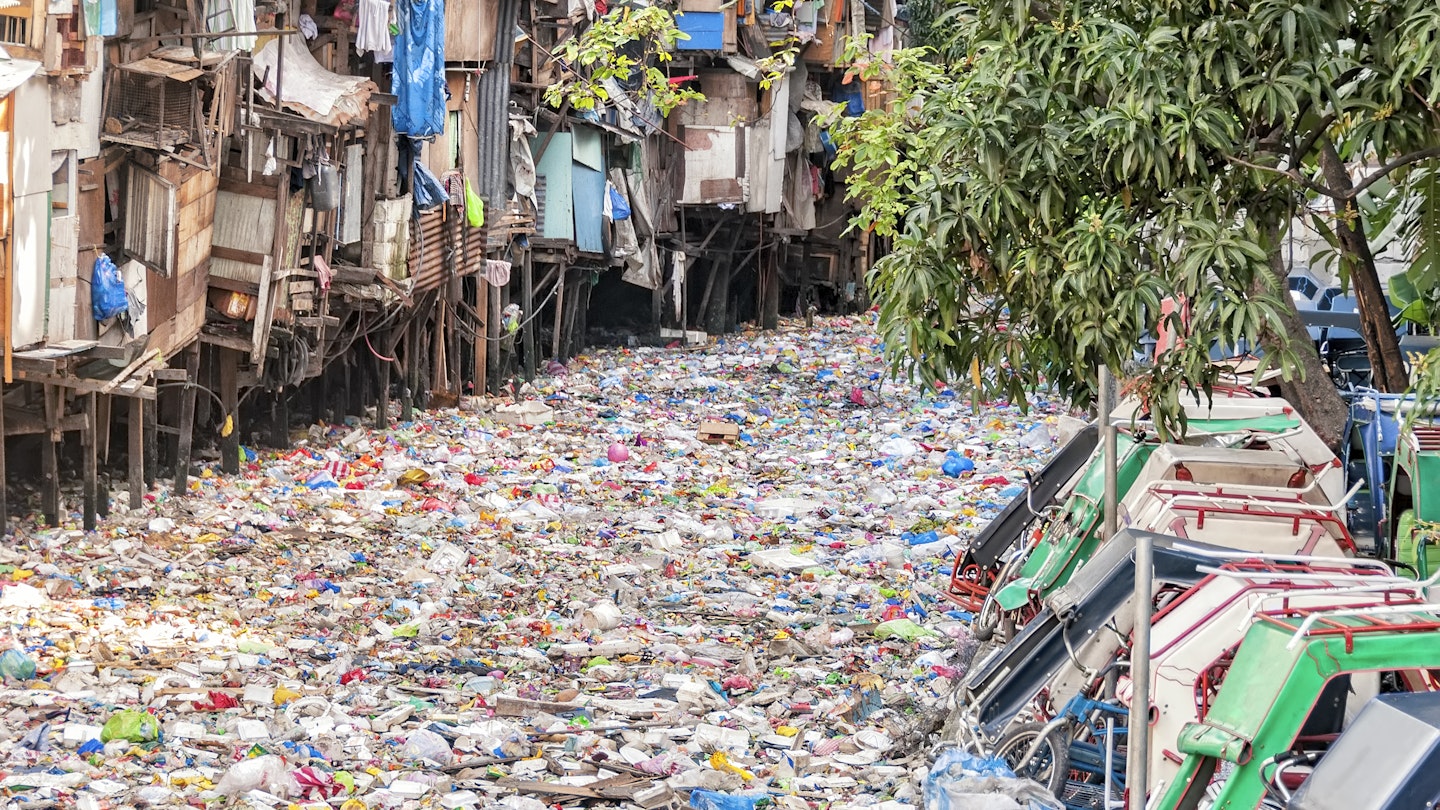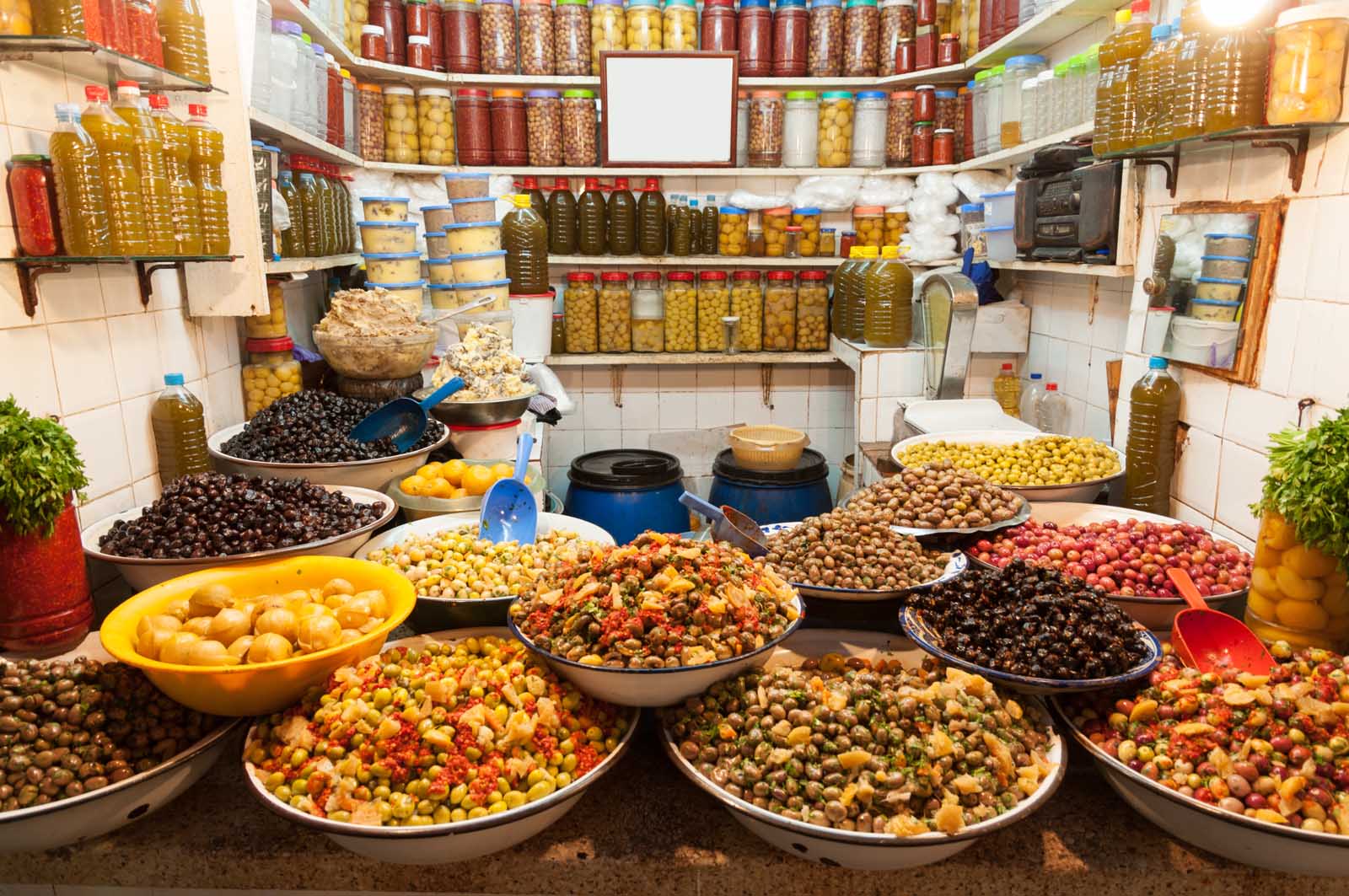The Philippines’ Innovative Approach to Plastic Pollution
The Philippines is one of the biggest plastic polluters in the world, however, the country is actively addressing its waste issue by testing new roads constructed from recycled plastic scraps.

The Philippines ranks as the world’s third-worst plastic polluter, with estimates from the University of Georgia indicating that it produces approximately 1.88 million metric tons of plastic annually. This alarming figure places it behind Indonesia and China. Nonetheless, the country is taking significant steps to combat this issue through innovative initiatives, such as the development of roads made from recycled plastic. Leading companies like San Miguel Corporation (SMC) and Aboitiz Equity Ventures Inc. are utilizing plastic scraps to fuel cement production and enhance road infrastructure. A notable pilot project was inaugurated by SMC in General Trias, Cavite, at the end of last year.
According to a statement by SMC, over 180,000 sachets and plastic bags were repurposed to create asphalt for a 1500 sq meter roadway, designed to support heavy trucks. The plastic waste acts as a binder during asphalt production, leading to enhanced road durability, as noted by Dow, SMC’s technology partner.
San Miguel President Ramon Ang emphasized, “We want to create a sustainable use for waste plastics so that they don’t end up in landfills and our rivers and oceans.” This commitment highlights the importance of innovative solutions to environmental challenges.
The plastic issue in the Philippines is closely linked to poverty, with approximately 20.8% of the population living below the national poverty line, as reported by the World Bank in 2019. Many individuals exist on less than $2 a day, which has led to a reliance on inexpensive, single-use plastic sachets for everyday products, including shampoo, milk, coffee, and sauces. Environmental non-profit GAIA estimates that around 60 billion of these sachets are utilized annually, equating to 163 million per day.
Furthermore, the Philippines serves as a dumping ground for global plastic waste. In 2018, imports of waste from wealthier nations in the EU and North America surged from 4,650 tons in 2016 to a staggering 11,900 tons.




